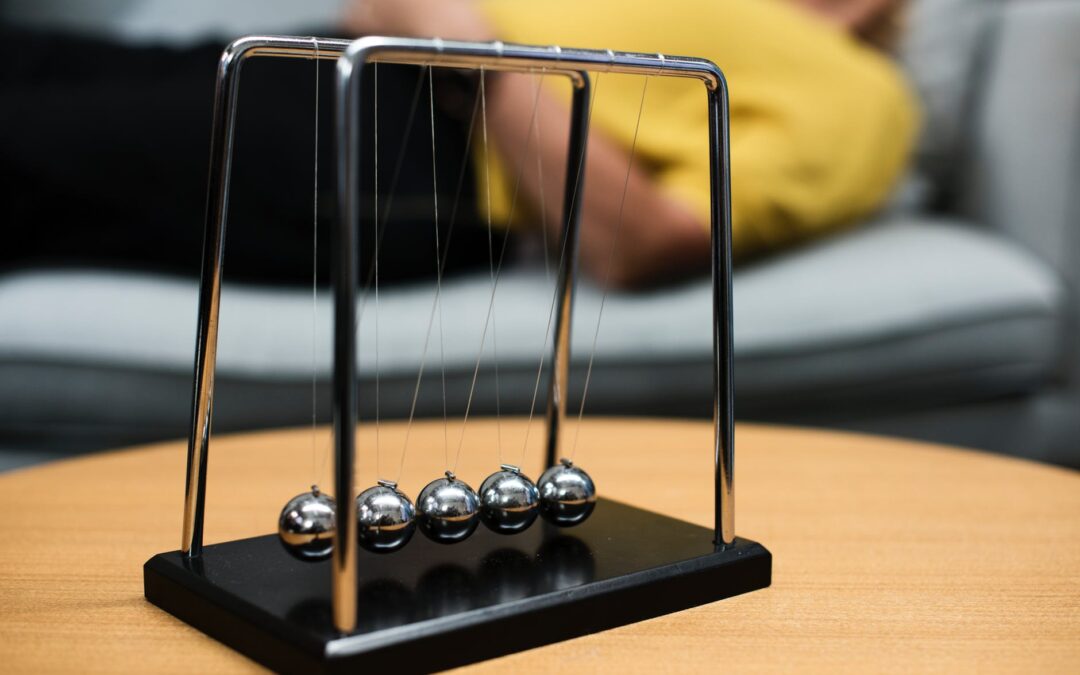Roughly 3-6% of people around the world are likely to experience chronic depression. And, according to some recent mental health research, it appears that the benefits of a critically important form of Cognitive Behavioral Therapy (CBT) used to treat chronic depression may fade within 1-2 years of its conclusion. This means that many people who experience relief through CBT may eventually end up back where they were. This kind of news is especially unfortunate, considering that CBT and other first-line depression treatments fail altogether for up to 60% of patients.
In the United States, nearly 1.5% of all adult Americans are affected by dysthymia—or chronic depression. Those who suffer from this form of depression often have symptoms which last for two years or longer. These symptoms include, but are not limited to:
- Daily feelings of sadness
- Finding trouble enjoying previously enjoyable activities
- Noticeable weight gain or loss
- Daily insomnia and/or excessive sleeping
- Appearing noticeably restless or rundown
- Daily overwhelming fatigue
- Daily feelings of hopelessness and/or feelings of extreme guilt
- Daily trouble making decisions
- Recurring attempts or thoughts of suicide
When these symptoms linger, it becomes very difficult for an individual to function, and participate in the goings-on of daily life. This is why it is so important for those suffering from any of these symptoms to seek help as soon as possible.
According to one article, the chances of relapse, even after a successful treatment period, are high. As a result, in addition to antidepressants, antipsychotics, and psychotherapy, many people with chronic depression may also need a form of maintenance therapy to ensure that they stay in remission.
Maintenance therapy is critical to maintaining a successful recovery. The obvious treatment appears to be more of the same previously successful methods. However, it is important to note that other options may also be viable, perhaps even as a supplement. These alternatives could include things like holistic treatments—acupuncture, reiki or meditation—or physical activities—such as yoga, tai chi, or hiking. New pharmaceutical options, such as ketamine infusions, are an option for those who cannot seem to find relief through first-line depression treatments.
Trying and applying as many of these treatment options as possible will yield better results than trying and applying fewer of them. There is no one best combination for everyone. Lifestyles vary greatly, and as such, so does the perfect depression treatment plan.
At RestoratIV Ketamine Wellness, we offer support and treatment options to many who are struggling with debilitating mental and physical health conditions. If you or someone you love is struggling, please do not hesitate to give us a call or contact us via the brief form below.


Recent Comments